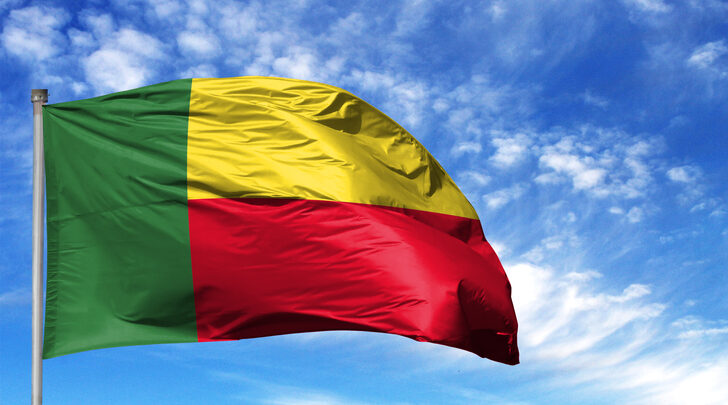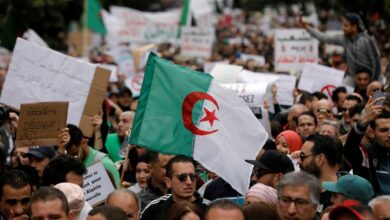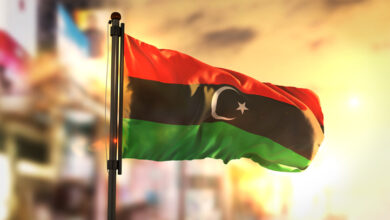World
Benin Goes To The Polls With No Opposition Candidate

The people of Benin went to cast their votes in the parliamentary elections held on Sunday where interestingly there was no opposition candidate. This happened after the electoral authorities ruled last month that only two parties both loyal to President Patrice Talon met the requirements and were found eligible to take part in the elections, reported BBC.
Notably, as per new electoral laws, a political party had to pay about $424,000 (£328,000) to field a list for the 83-seat parliament. While the opposition parties were against the electoral code, President Talon, who was elected in 2016, defended the electoral laws, saying it would bring together scores of political parties into simpler blocks.
According to DW.com, the voting turnout was quite low as the opposition parties, which were excluded from contesting the elections, had called on their supporters to boycott the polls in protest. While the voting was largely peaceful, there were some incidents reported in Tchaourou, Tourou, and Parakou, including burned ballots and election workers asking for police protection.
The government’s decision to ban internet access in the West African nation on the voting day was slammed by rights group, Amnesty International.
“The decision to shut down access to the Internet and social media on an election day is a blunt violation of the right to freedom of expression,” said Francois Patuel, a researcher for Amnesty International in West Africa. “It is effectively silencing human rights defenders, journalists, and bloggers who are monitoring contested parliamentary elections without opposition candidates.”
Patuel said an increase in arrests and detentions of political activists and journalists by the Benin government is extremely troubling, particularly in the context of elections. He added the act of detaining the people who speak up against the exclusion of opposition parties from the legislative election will only add fuel to the ongoing political turmoil.
Benin joins the list of African states, including DR Congo, Egypt, and Sudan who have limited online access ahead of key elections, political referenda, or anti-government protests this year.



![User:DandjkRoberts [CC BY-SA 3.0 (https://creativecommons.org/licenses/by-sa/3.0)], from Wikimedia Commons](https://thechiefobserver.com/wp-content/uploads/2018/12/Grace_Mugabe_2013-08-04_11-53_cropped-390x220.jpeg)


